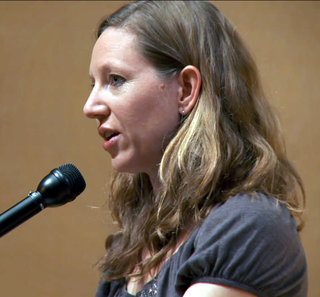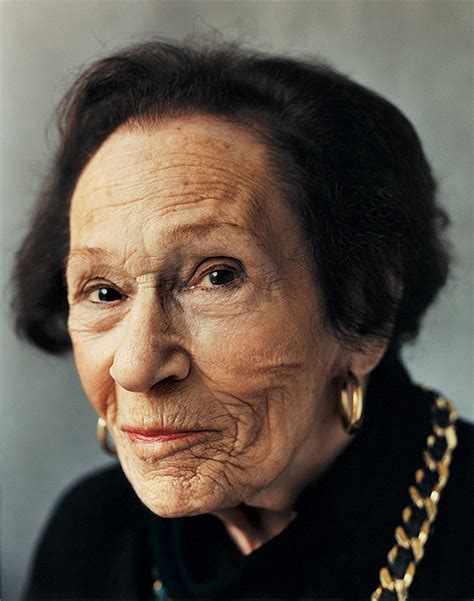A Quote by Jane Hirshfield
A tree lives on its roots. If you change the root, you change the tree. Culture lives in human beings. If you change the human heart the culture will follow.
Quote Topics
Related Quotes
Cultural diversity and cultural change are desirable and inevitable. We are cultural animals, someone without a culture is not human. But the cultures we possess vary enormously. Indeed, the variability, over time and space is the great evolutionary advantage of humanity. Instead of changing biologically over millennia, human beings can change culturally over decades
I used to believe that you could change the culture or behavior of a company. I still believe it's possible, but it is at least a five to ten year process, if you are successful at all. More recently, I have been attracted to the ideas of the behavioralist, Edgar Schein. Schein has argued that you cannot change the culture of a company, but you can use the culture of a company to create change. It's an interesting approach to overcoming resistance. And if you can change how a company does its work, you might eventually be able to change how its people think.
You can’t mandate [cultural change], can’t engineer it. What you can do is create the conditions for transformation. You can provide incentives. You can define the marketplace realities and goals. But then you have to trust. In fact, in the end, management doesn’t change culture. Management invites the workforce itself to change the culture.
If you don't like how something is going for you, change it. If something isn't enough, change it. If something doesn't suit you, change it. If something doesn't please you, change it. You don't ever have to be the same after today. If you don't like your present address change it - you're not a tree!
If we're open to it, God can use even the smallest thing to change our lives... to change us. It might be a laughing child, car brakes that need fixing, a sale on pot roast, a cloudless sky, a trip to the woods to cut down a Christmas tree, a school teacher, a Dunhill Billiard pipe...or even a pair of shoes. Some people will never believe. They may feel that such things are too trivial, too simple, or too insignificant to forever change a life. But I believe. And I always will.







































